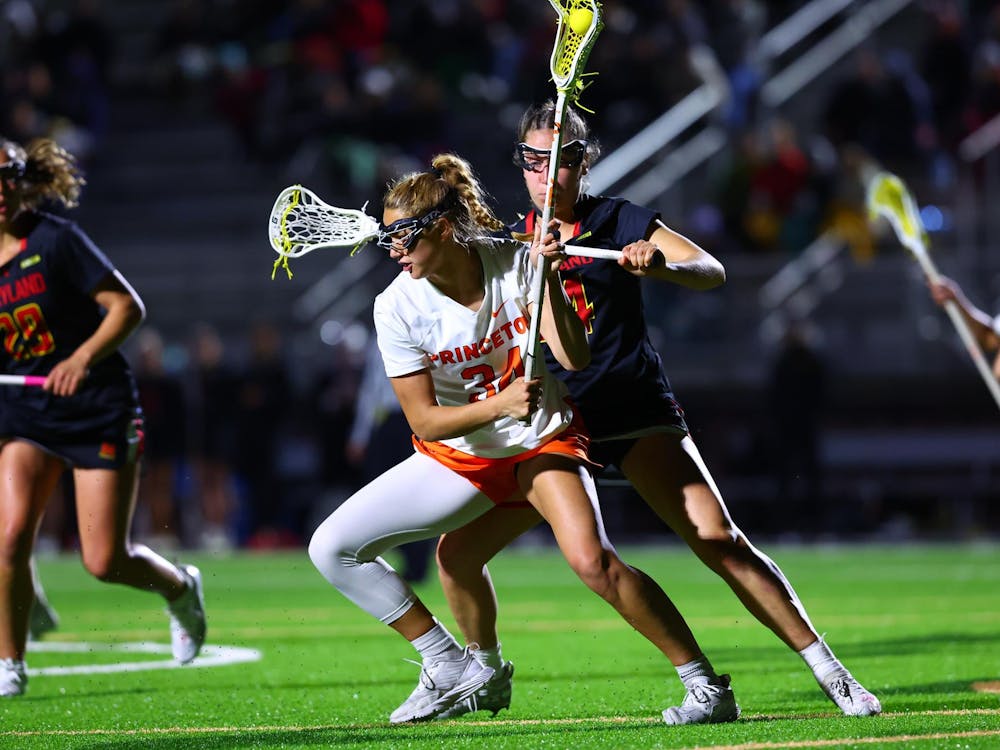The decision to suspend or expel a student should not be made by other students. It is too grave and consequential a decision to entrust it to undergraduates who are just getting their feet wet in the legal process.
The Honor Committee is a group of 12 students who try cases of cheating and recommend punishments when necessary. The fact that students enforce the Honor Code is central to its purpose because it means the administration trusts the student body to do the right thing. They trust students not to cheat during exams, and they trust that the Honor Committee will make the right decisions.
I trust that the Committee will try their best to do what is right, but I’m not convinced they have the experience or judgment to know what the right decisions are. Administrators, not students, should try all cases of cheating and determine the appropriate punishments. Making decisions that deeply affect students is their job, not an extracurricular activity. The Honor Committee makes serious decisions, and entrusting them to anyone but the administration is careless.
If I were accused of cheating and threatened with the possibility of suspension or expulsion, I would want to know that the administration took my trial seriously. The Honor Committee works hard to be thorough and just. But they don’t have the experience that administrators do.
Most Committee members have less than a year of experience on the Committee. And to argue in my defense, I cannot call a lawyer or an administrator, but only another student. Letting students judge and argue cases is better suited for Mock Trial. The Honor Committee’s decisions have serious consequences. The people who can decide to suspend or expel me should not be so new to disciplinary proceedings. And judging my trial should not be an extracurricular activity.
Instead, administrators like the Dean of the College should try the cases and determine punishments. For administrators, making decisions that significantly impact students’ Princeton careers is their job. Their first priority is, or should be, the students’ best interests. They are more invested in ensuring a fair outcome to the trials than a committee of students can be. Furthermore, administrators can stay in their positions longer than the four years that most of us will spend at the University so they can hone their judgment and develop a record of experience judging trials that students cannot.
Under the current system, students can appeal their case to the Dean of the College, so the Dean, not the Honor Committee, makes the final decision. But students should not run the investigations or make even preliminary decisions. The message the administration sends in letting undergraduates investigate cases and recommend punishments is that the cases are trivial enough to be used as practice.
Furthermore, having administrators judge cases of cheating does not undermine the Honor Code’s spirit of student enforcement. The Honor Code is student-enforced to emphasize that students are trusted to do the right thing when doing the wrong thing is easy: we are trusted not to cheat when there are no professors in the exam room and we are trusted to report cheating when it’s easier to say nothing. But judging the trial of a student is not as clear-cut as deciding not to cheat. I trust the Committee members to do the right thing even when it’s hard, but I don’t trust them to discern what the right decision is.
Administrators already investigate most cases of cheating. While the Honor Committee handles cases of cheating during exams, the Faculty-Student Committee on Discipline handles all other academic violations. The Committee is comprised of students, administrators, and faculty. Administrators lead the investigations and the Dean of Undergraduate Students serves as chair.
The Committee on Discipline should handle all cases of cheating because the students on the Committee ensure that undergrads are represented, while the administrators contribute their experience and judgment to the trial. The decision to suspend or expel a student is serious. It shouldn’t be used as practice.
Bhaskar Roberts is sophomore electrical engineering major from Buffalo, N.Y. He can be reached at bhaskarr@princeton.edu.









